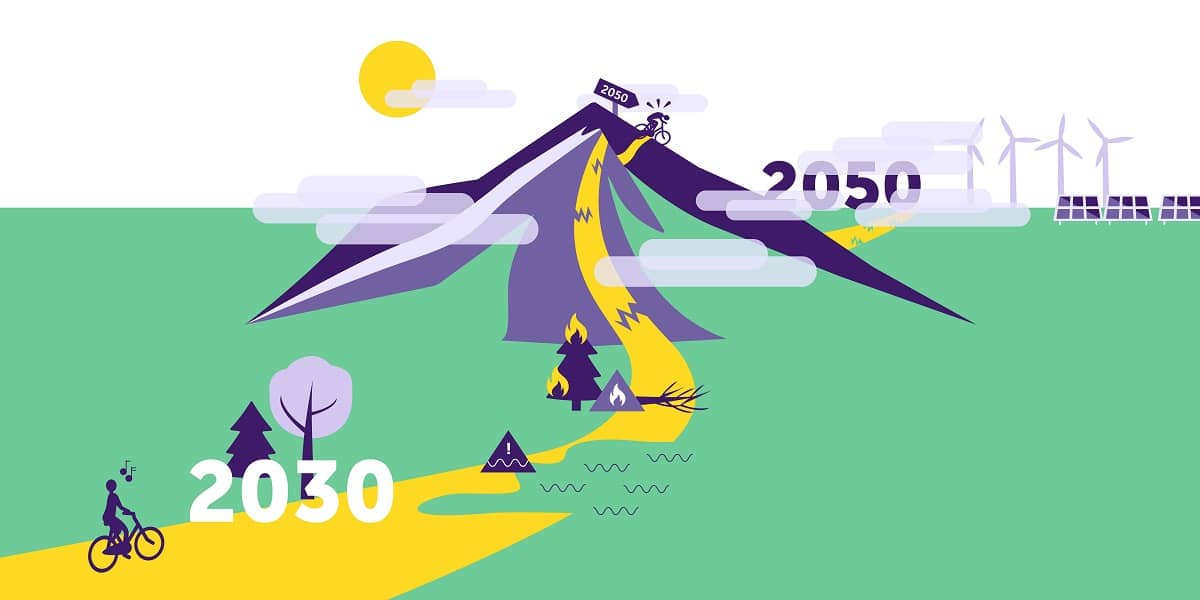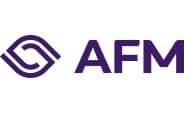
News
07/02/24
Major listed companies on right track with transparency about 2030 climate targets in their annual reports, the road to 2050 remains a blur
Major listed companies demonstrate considerable transparency in supporting their climate targets until 2030. After 2030, they face various obstacles on their route towards climate neutrality (net-zero), including technological and financial challenges and risks due to climate change. Companies are as yet still vague about their means of achieving net-zero by 2050. This is outlined in the report ‘Transparent net zero targets require courage’, which is published by the AFM today.
In short
- CSRD introduces stricter transparency requirements for sustainability information in annual reports
- AFM expects transparent disclosures on uncertainties and challenges
- Be transparent on the use of carbon capture and storage, offset projects and carbon credits
- Quality of sustainability data is a key focus
CSRD introduces stricter transparency requirements for sustainability information in annual reports
On 1 January 2024, the Corporate Sustainability Reporting Directive (CSRD) entered into force. Major listed companies (PIEs) are required to be transparent about net-zero targets and demonstrate their actions and efforts towards achieving climate neutrality. The AFM analysed how 27 selected listed companies report on their net zero targets.AFM expects transparent disclosures on uncertainties and challenges
There are many challenges and uncertainties in pursuit of achieving the net-zero targets. They include technological and financial challenges as well as physical risks and transition risks due to climate change. The AFM expects transparent disclosures on the uncertainties and challenges recognised by companies, requiring courage on their part. The AFM supports this in the report with recommendations, examples of good practice and a self-assessment.Be transparent on the use of carbon capture and storage (CCS), offset projects and carbon credits
In addition to emission reductions, companies also use carbon capture and storage, offset projects and carbon credits to reach their net-zero goals. These methods are used to store or compensate those emissions that are not or cannot be reduced. It is important to maintain critical awareness of the use of voluntary carbon credits and carbon offset projects. IOSCO and the AFM have previously cast doubt on the quality of voluntary carbon credits.Quality of sustainability data is a key focus
The process of collecting, processing and managing sustainability data is often still in a development phase at many companies towards higher maturity levels of data quality. Providing transparent disclosures on data quality is a key focus.Tags
Audit firms Informatie voor pensioenuitvoerders Information for AIFM and collective investment schemes Investment firms Issuers of securities SustainabilityContact for this article

Would you like to receive the latest news from AFM?
Subscribe to our newsletter, we will keep you up-to-date.